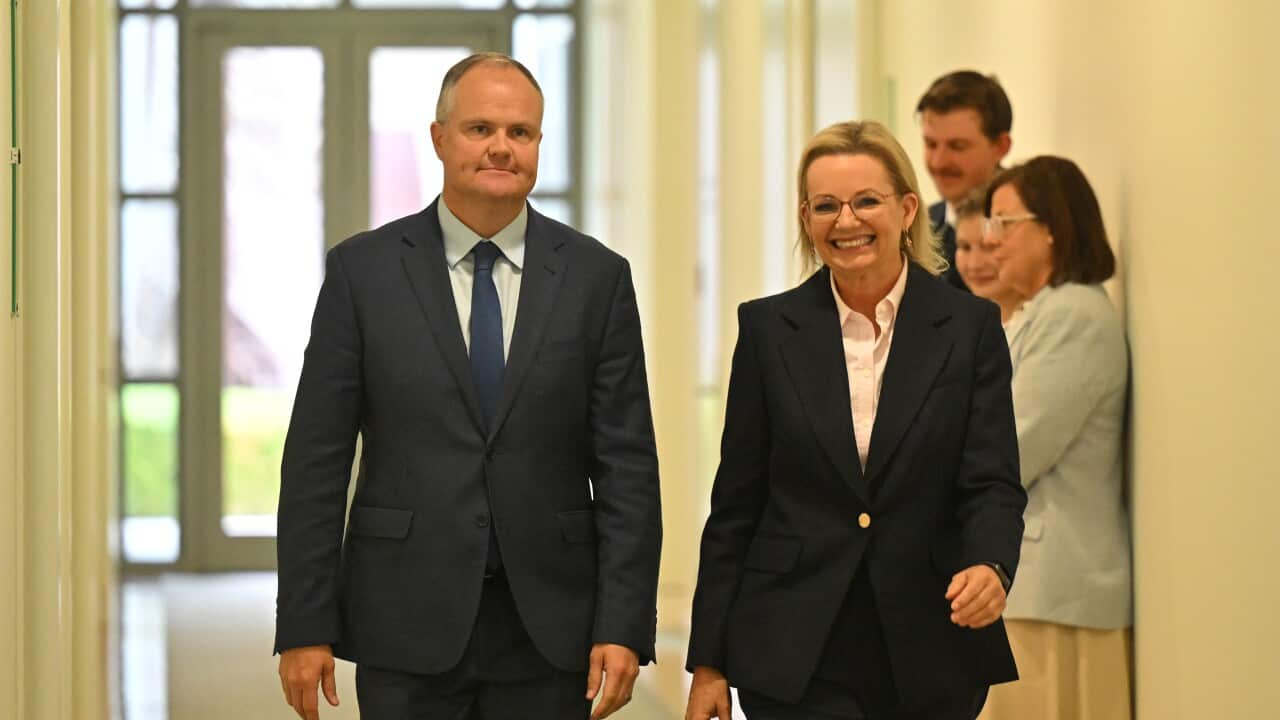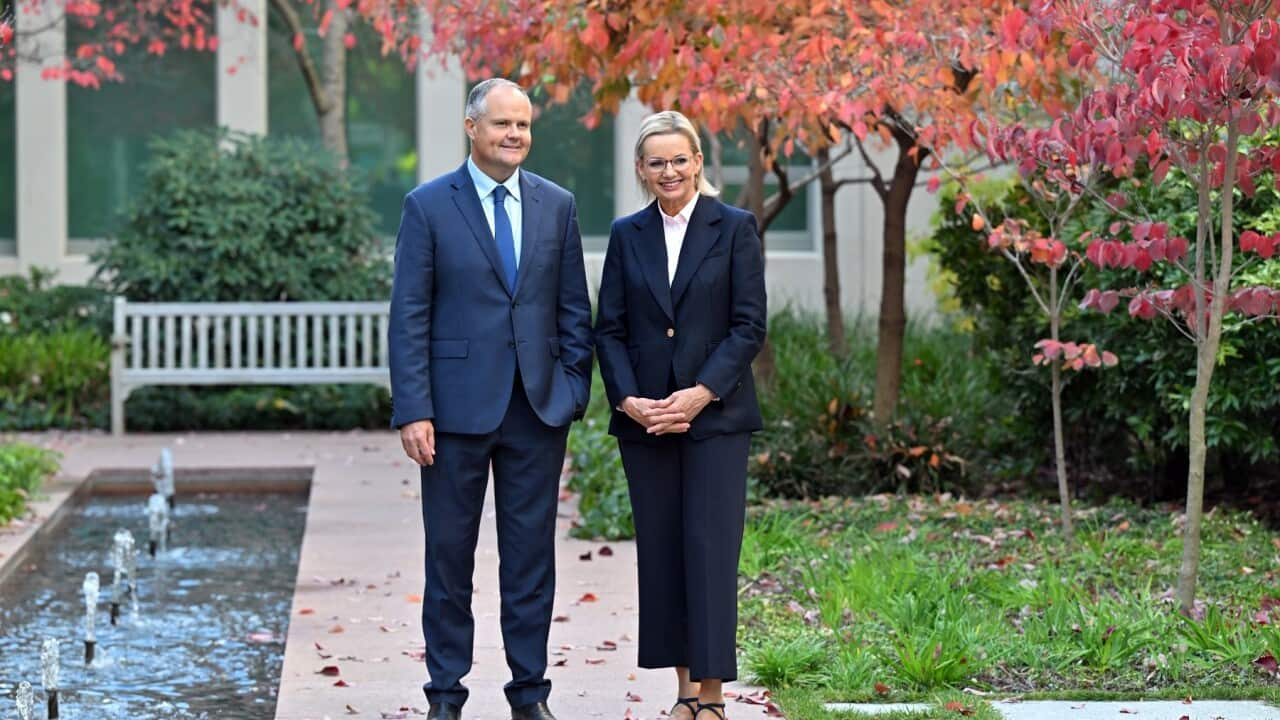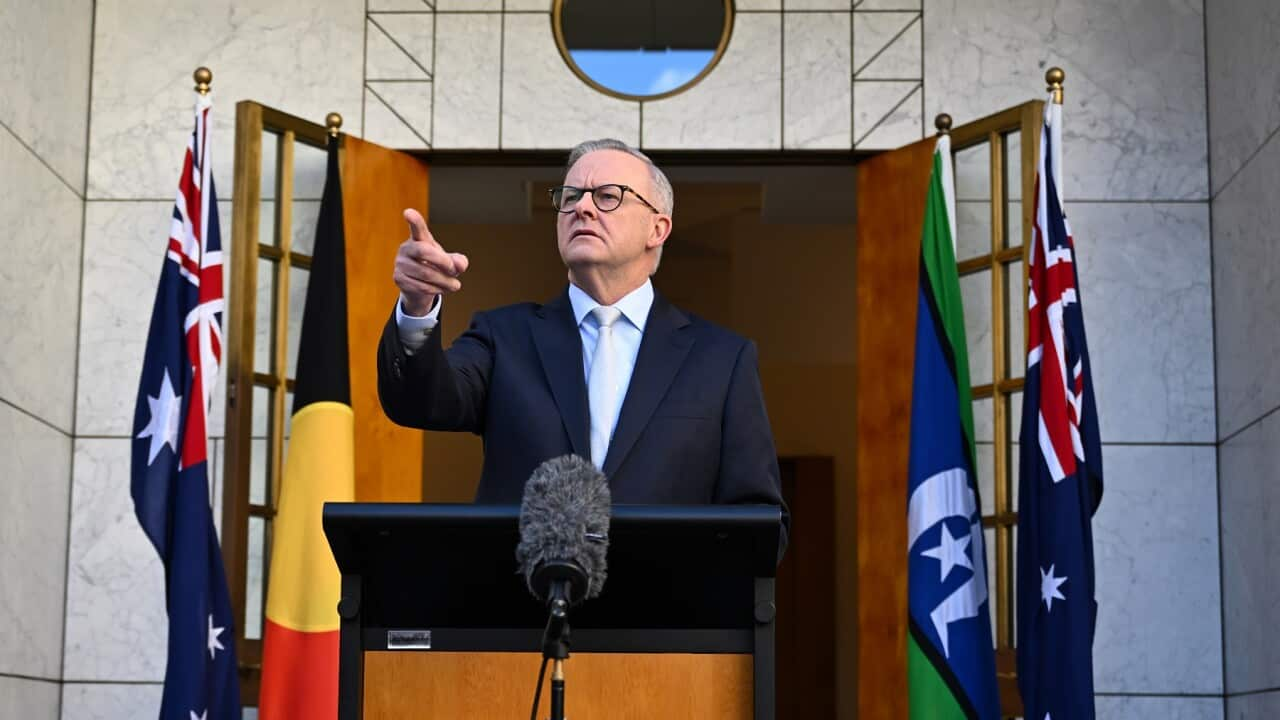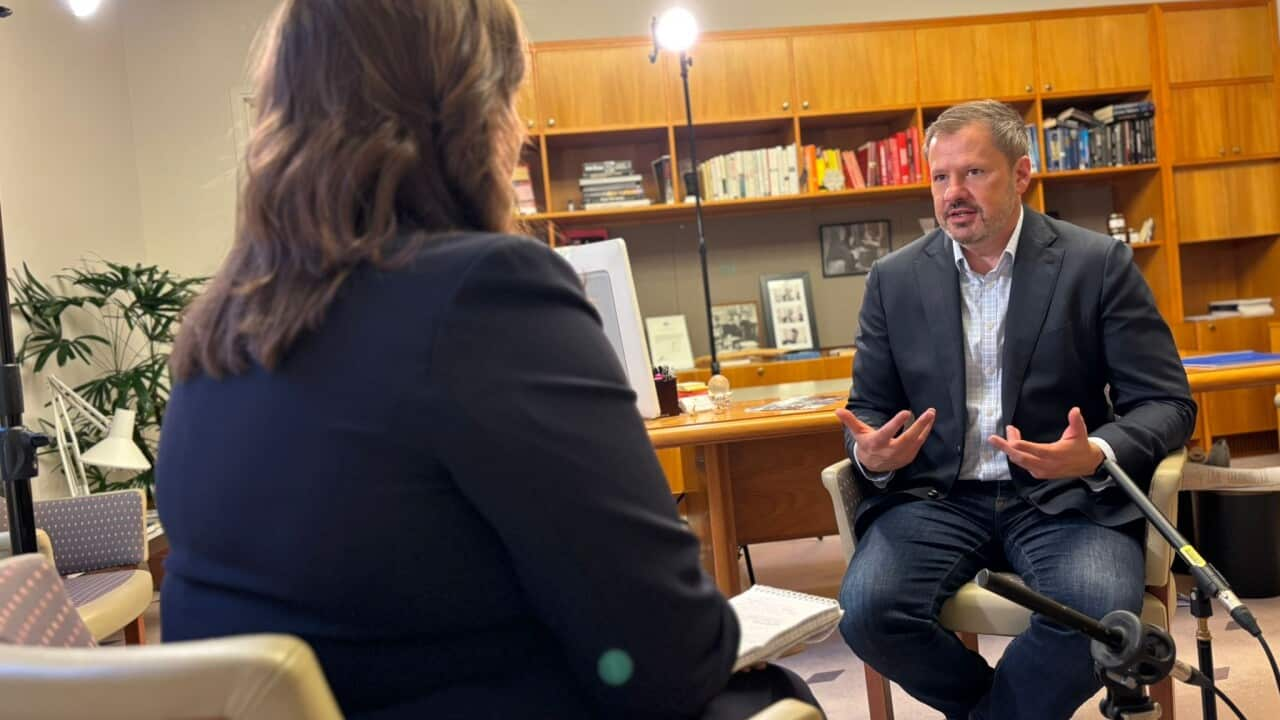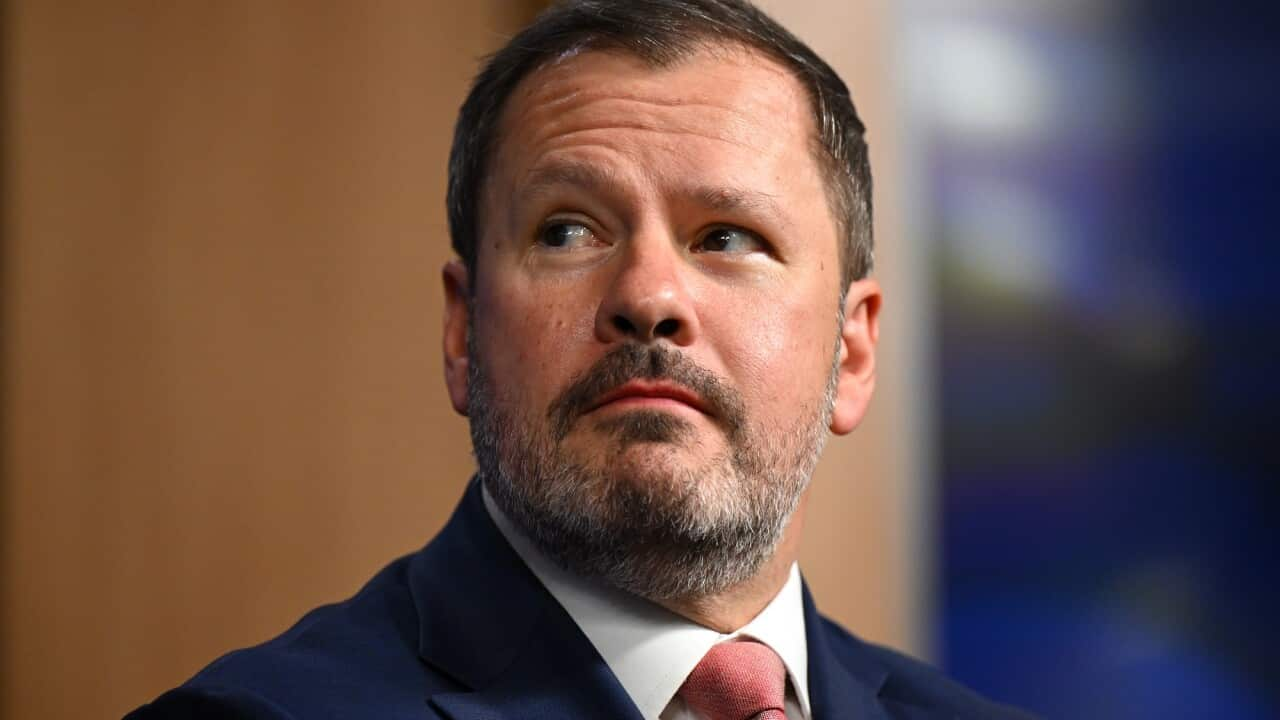TRANSCRIPT
As the dust settles on this month's election the coalition's position on reaching net-zero emissions remains far from settled.
The new Liberal leader, Sussan Ley, says their commitment to net-zero is under review, along with nuclear power.
“There isn't going to be a climate war. There is going to be sound, sensible consultation.”
Her Deputy Ted O'Brien told Sunrise the party will not be rushed.
“We're not ruling anything in or out right now. Our priority is we're gonna take the time to get it right.”
Speaking to the ABC, he says the Liberals will engage with the Australian people and be driven by data.
“As well as big ears, listening.”
But it's not clear what message they've heard from the electorate when it comes to nuclear power.
“On nuclear, there's no doubt the Labor Party effectively weaponised that debate. But, as Sussan said yesterday, she won't be making any captain's calls on policies. And as her deputy I can assure you I won't be making any vice captain calls.”
Ousted opposition leader Peter Dutton said he was happy for the election to be a referendum on nuclear.
But he didn't visit any of the seven sites proposed for nuclear reactors during the five-week campaign.
It is clear, however, there are elements of the parliamentary party pushing to keep the policy.
That includes moderate members, like Tim Wilson, and those on the right, like Jacinta Price.
PRICE: "I think there's going to be some robust debate around energy, around nuclear. I think there are those of us who are absolutely of the view that we need to stick to nuclear. It's the cleanest, greenest energy that we have. Obviously, we're now been put many years behind that, but we need to be smart in terms of our energy as well."
KENNY: "Does that mean sticking to net zero? Because of the whole basis for going nuclear is to get to net zero.
PRICE: "Yeah look I think I think we need to have all those conversations on the table as part of a party room conversation.”
She was speaking there with Chris Kenny from Sky News.
An emboldened Nationals Party is also having its say.
Senator Matt Canavan has taken a leading role.
“Because I think we should end this crazy and costly net zero emissions goal, and I wasn't really running to leadership, I was running to change that policy, and now that's on the chopping block. So, mission accomplished.”
In that interview with the Today show, Mr Canavan appeared ambivalent when asked how long Sussan Ley would last as Liberal leader.
So did the Liberal Party Vice President, Fiona Scott, in this exchange with Karl Stefanovic.
STEFANOVIC: "How long do you give her?"
SCOTT: "A day is a long time in politics, Karl."
STEFANOVIC: "That's not exactly a ringing endorsement."
SCOT: "It won't be a day I'm being cheeky." ]]
It comes as the party ponders what a renewed coalition agreement with the Nationals might look like.
While the junior partner held all their seats, the Liberals lost many, even from a low base.
Nationals senator Bridget McKenzie has raised the prospect of picking up a portfolio.
“Over the hundred and twenty year history of the National Party, 16 of those years were holding the treasury portfolio in Australian governments. The National Party now has an equivocal amount of political power within the coalition to, when Peter Nixon, Ian Sinclair and Doug Anthony ran the Fraser government in the 70s.”
In 2025, Energy Minister Chris Bowen says the debates the coalition has now returned to should stay in the past.
“The point to make is that net zero is the bare minimum. Net zero by 2050 is not a policy, it's the bare minimum framework you have to work under. And if Sussan Ley is saying that's up for review, I mean, she might as well say the sun coming up tomorrow is up for review, or the sky being blue is up for review. It's the basic framework that so many countries around the world are committed to. Now if she and Mr O'Brien, the new deputy leader, are flagging they might walk away from that, that is a huge backward step.”
Mr Bowen was on the front foot today spruiking a scheme to make home batteries cheaper from the start of July.
It's part of Labor's commitment to raise renewable power in the energy grid to 82 per cent by 2030.
The party is also due to announce new climate targets for 2035 by November.
The differences in the major parties' policies should be clearer by then.
